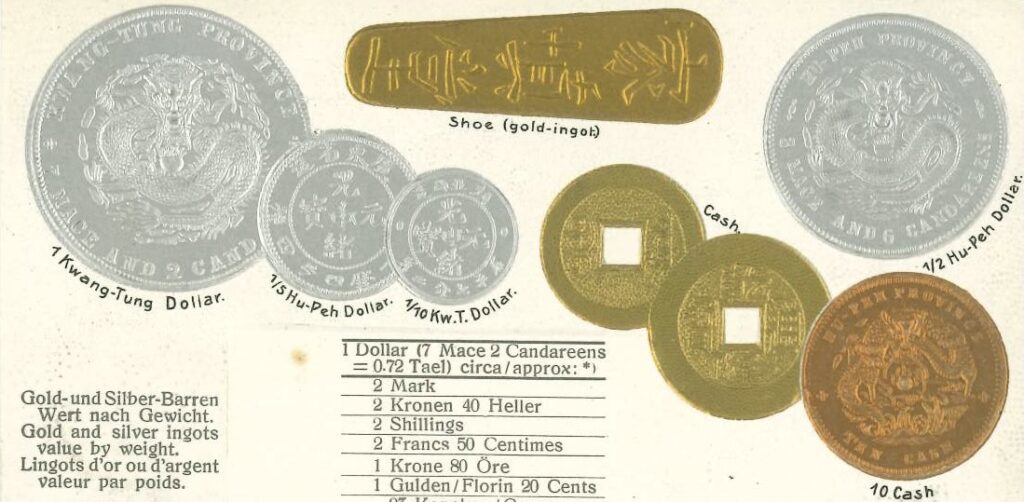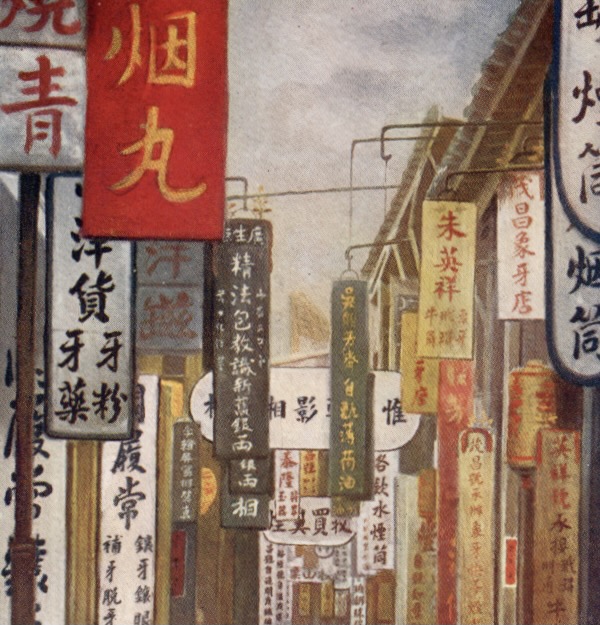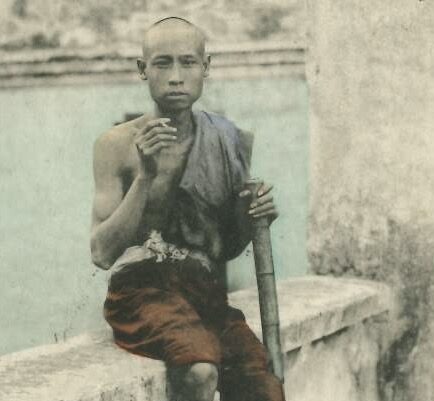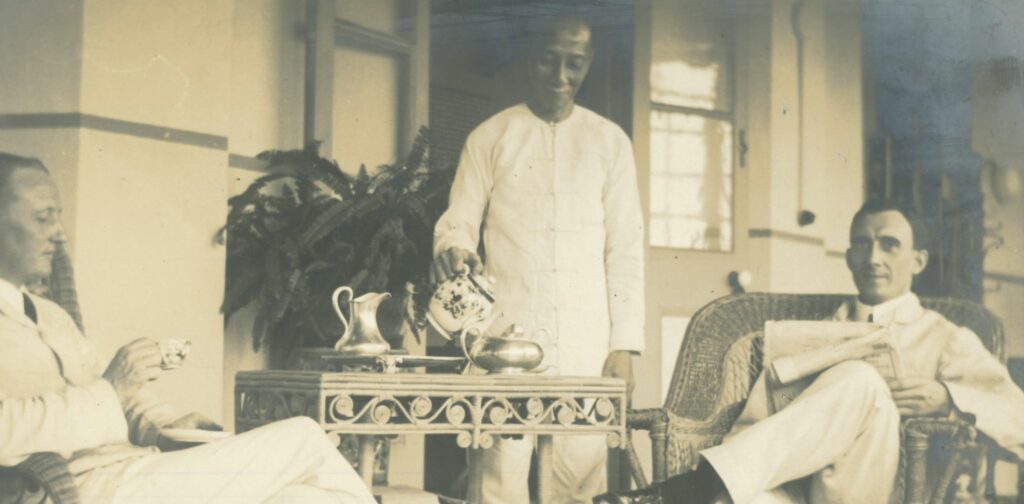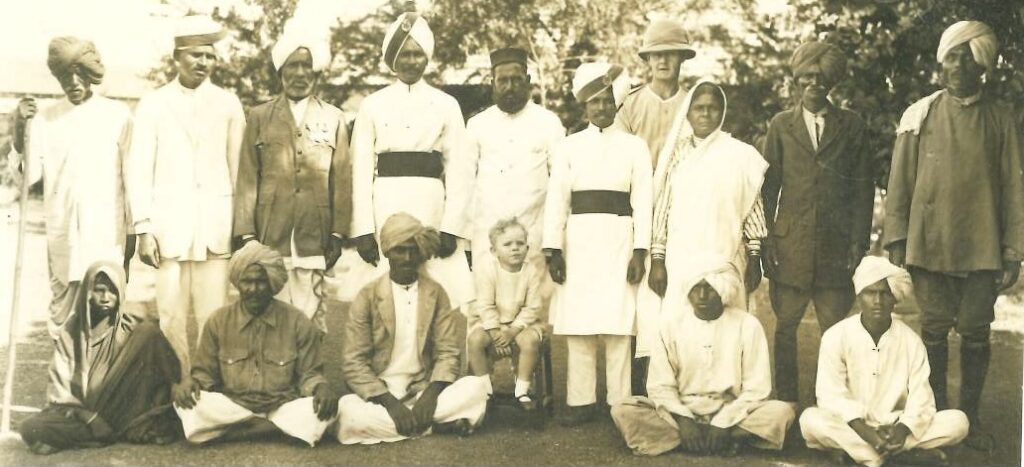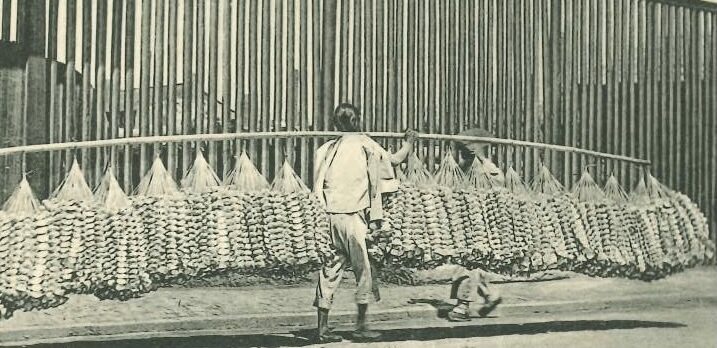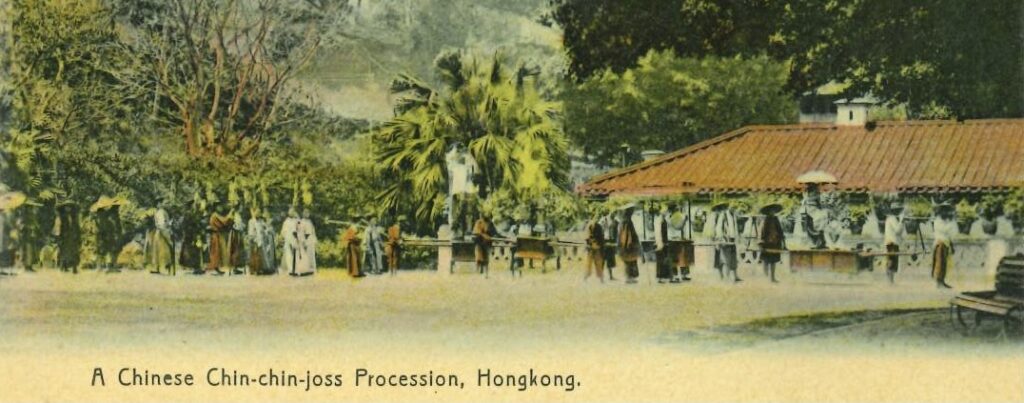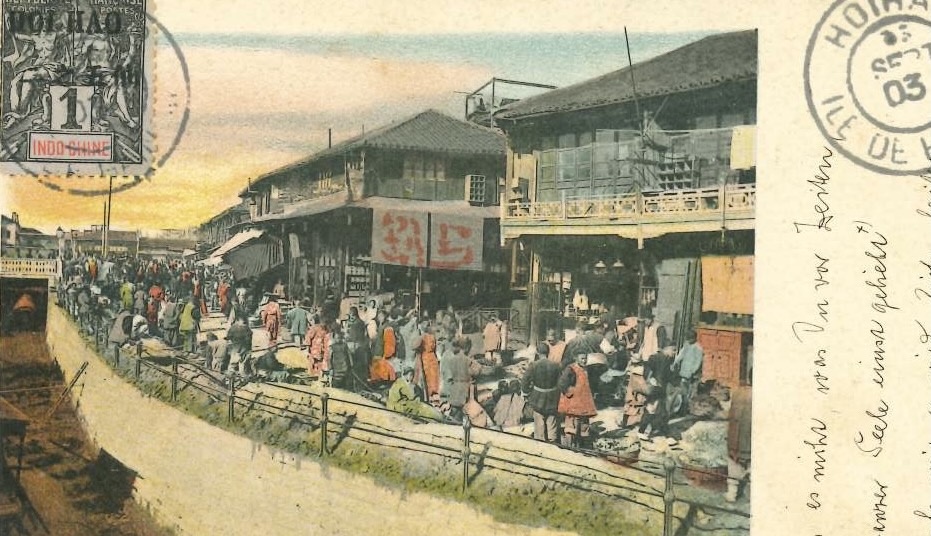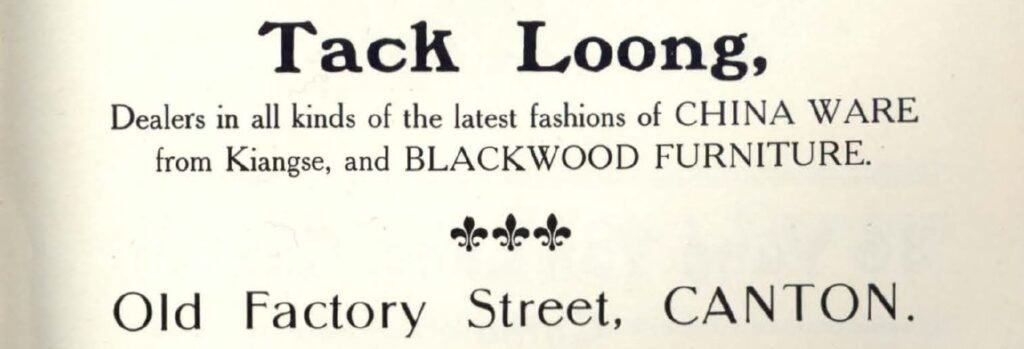19. Tael, mace, candareen
Before taking a vacation to explore a different culture, one thing we do is check the exchange rates between the local and foreign currencies. Today, it takes seconds to know the best rates with an application or on the internet. But do you know how this information was disseminated one hundred years ago? One way …
